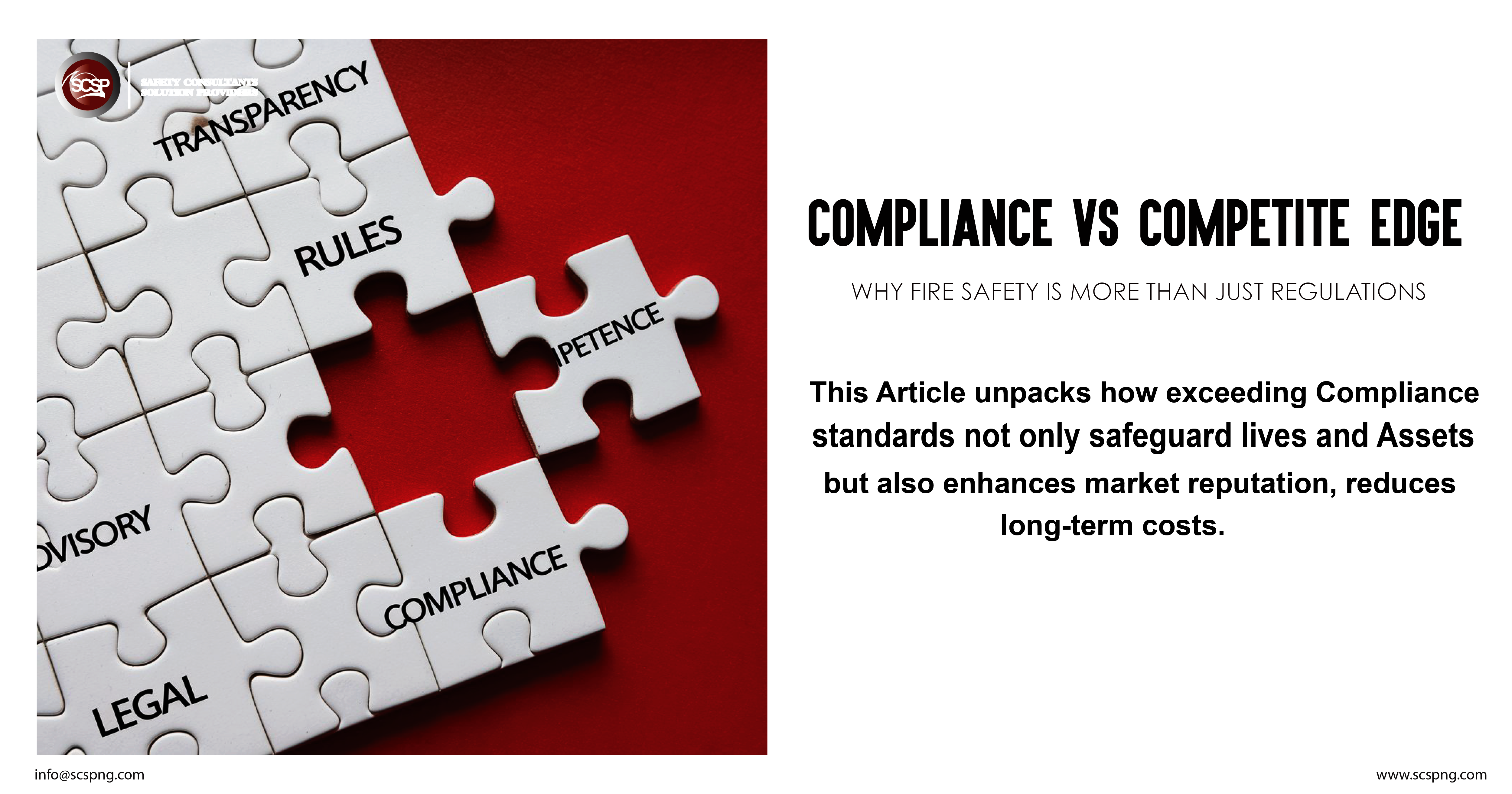There are numerous cybersecurity-related certifications available, with more being developed all the time. Maintaining these credentials may necessitate additional study!
Product-specific certifications are available, as well as certifications that relate to industry ideas. Certifications exist in the sector to ensure that standards of ability and knowledge are maintained. Roles that necessitate specific qualifications are highly specialized. If a position requires a specific skill set, certificates may be stated in the job description.
A certification can broaden the range of career opportunities and serve as an excellent approach to demonstrate proficiency when applying for jobs.
Let’s take a look at some of the most common certificates in this sector to see what they mean.
NOTE: that some of the certificates listed below are only for industry veterans with years of experience. These are credentials you might consider pursuing in the years following landing a security-related job. They’ve been included to emphasize the advancement path.
- CompTIA Security+
This is a global certification that verifies the fundamental abilities required to perform basic security responsibilities and pursue a career in information security.
This is the finest certification for people who want to work in cybersecurity at the beginning level.
Systems administrators, network administrators, security administrators, junior IT auditors or penetration testers, security specialists, security consultants, and security engineers are all candidates for the CompTIA Security+ certification.
CompTIA Network+ certification and two years of experience in IT administration with a security focus is required.
- CompTIA Cybersecurity Analyst (CySA+)
CompTIA Cybersecurity Analyst (CySA+) is an IT workforce credential that uses behavioral analytics to prevent, detect, and battle cybersecurity attacks on networks and devices.
In a post-2014 cybersecurity landscape, CySA+ is the most up-to-date security analyst certification that covers advanced persistent threats.
IT security analyst, SOC analyst, vulnerability analyst, cybersecurity specialist, threat intelligence analyst, security engineer, cybersecurity analyst, and security monitoring are among the employment roles targeted by the CompTIA CySA+ certification.
Network+, Security+, or comparable expertise is recommended experience.
A minimum of 3-4 years of hands-on experience in information security or a similar field is required.
While there are no prerequisites, CySA+ is designed to be followed by CompTIA Security+ or equivalent expertise and focuses on technical skills. You can visit online-courses-free.com to get start for courses online
- IT Infrastructure Library Certification (ITIL)
ITIL is a widely recognized best practice framework for IT service management (ITSM).
The ITIL certification scheme presents the ITIL framework in a modular format. Multiple certifications are available in a tiered framework, ranging from Foundation to Master. This allows you greater flexibility in terms of the various disciplines and areas of ITIL and the option to focus studies on specific areas of interest. Organization often prefer using website like threatconnect for IT infrastructure security
There are several entry-level credentials to think about that are only useful if a specific role requires them.
- Certified Ethical Hacker (CEH)
A Certified Ethical Hacker is a qualified professional who understands and knows how to hunt for holes and vulnerabilities in target systems, and who uses the same knowledge and tools as a malicious hacker to assess the security posture of a target system lawfully and legitimately (s).
From a vendor-neutral standpoint, the CEH certificate certifies persons in the unique network security discipline of Ethical Hacking.
Any cybersecurity expert can profit from this well-known and recognized training.
- Certified Information Systems Security Professional (CISSP)
The CISSP certification verifies a practitioner’s ability to effectively design, implement, and manage a cybersecurity program.
It is designed for experienced security practitioners, managers, and executives who want to demonstrate their knowledge of a wide range of security practices and principles, such as those in the positions of a chief information security officer, director of security, security analyst, security architect, security consultant, and many others.
It’s worth noting that five years of experience is required.
- Certified Information Security Manager (CISM)
The CISM certification is offered by ISACA for practitioners who want to demonstrate their diverse experience and capacity to understand complicated, difficult security management issues for businesses.
CISM is routinely ranked as one of the top-paying and sought-after IT certifications in recent independent research.
It’s worth noting that five years of experience is required.
Security clearance
In addition to certifications, many roles within government agencies or organizations working with the public sector may require individuals to undergo a set of background checks. These fluctuate by country and have varying levels of sensitivity depending on the job role’s sensitivity. If a background check is required, it will usually be stated in the job description.
If an individual already has a previously awarded clearance in some countries, the re-application process is slightly simplified. or, at the very least, the person is more likely to pass the required background checks. There is a demonstrable salary premium in the marketplace for people having security clearance due to the price of some checks and the reluctance or incapacity of persons to get checked. Individual can equally check worldsciencejobs for related job search.
Also Read:









